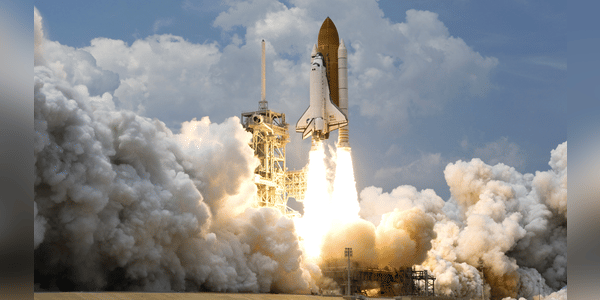The space industry has undergone tremendous development in recent years. For investors, this means an opportunity to participate in the promising growth of a "new" industry with huge potential. But how not to get burnt?

With the increasing use of satellite technology, the growth of space tourism and ambitious plans to conquer space and other planets, the commercial potential of this sector is growing
One of the best ways to invest in the space sector is through exchange-traded funds, or ETFs. This is because ETFs allow investors to gain broad exposure to the full spectrum of companies operating in the sector without having to pick individual stocks themselves. Investors can simply purchase ETF shares to gain exposure to dozens of companies, from rocket and satellite manufacturers to space infrastructure companies to space tourism bets. I will focus on ETFs that allow you to invest specifically in the space sector.
How to invest?
You can invest in the aerospace industry through several…